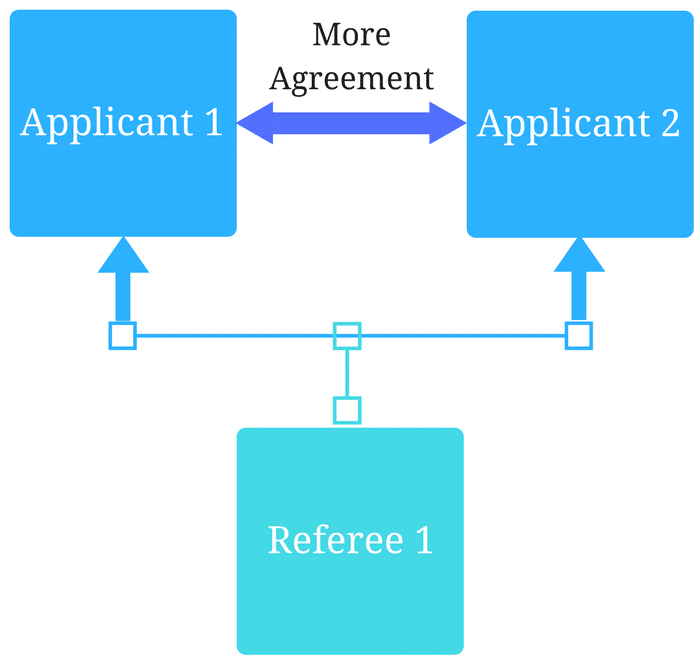Supercharge your CQI process by reviewing student feedback

June 9, 2021
Continuous quality improvement (CQI) is as much a mindset as a process for incremental improvement. It can feel like a monumental task to take on a CQI initiative because there is so much to do. You need to make the mind shift from tackling a problem as a big project to a process of continuous change, so that small changes build on top of small changes. If you are doing CQI “right,” one day you will look up and find that your efforts have produced a real and meaningful transformation.
One of the biggest barriers to CQI efforts is the time and effort required to gather, collate, and sort the data you need to measure your progress. If your data lives in multiple systems, or your workflows are not standardized across programs, this can be a big job. It does not have to be this way.
CQI starts with a goal
What change are you looking to affect? What measure are you looking to improve? One of the first places we have seen customers focus their CQI efforts, and a place where Acuity Analytics can supercharge your efforts, is through regular review of how students are evaluating your programs.
LCME standards 8.4, 8.5, and 8.7 deal with reviewing your system of program evaluation, including whether program objectives are being met, collecting student feedback on their experiences, and comparing education and assessment across courses and clerkships. Every program we have ever spoken to collects this data regularly.
Unfortunately, because it takes so long to collect and organize student evaluation data, most programs only report the data at the end of the course or clerkship. Those programs miss out on opportunities for CQI while the course or clerkship is still in progress.
Acuity Analytics removes the barrier of collecting, collating, and organizing program evaluation data. All of your program evaluation data is captured and stored in our data warehouse. Acuity Analytics can help you to standardize the data, even when your forms and processes differ from program to program. With our analytics, you do not have to wait for someone to massage the data, and prepare a report. Student feedback is available to you as soon as students provide it.
Look for opportunities to improve
Once students provide feedback, you can look for opportunities to improve. If there is a problem with the course, the students are going to tell you about it. If you see that scores are trending low, or if a student gives a very low score on one of your questions, you can identify the problem and start an intervention to get things back on track.
Look at the proportion of positive responses
One trick we learned from an Acuity Analytics customer is to look at the proportion of “positive responses” (those where the response was one of the two highest possible ratings) to a question. This proportion gives you a strong sentiment analysis of how students feel about a topic.
Use themes to group questions
Another trick is to use “themes” to group questions aligned with a theme. Tagging questions with themes is a great way to bucket the results of multiple questions together, and get a measure of student sentiment on a broader topic.
Tracking positive responses and reporting by themes is built into Acuity Analytics – you can report this way at any time throughout courses and clerkships. The same tools let you compare results from one year to the next, from one site to another, or across all of your courses, to see how one program compares to another.
The “continuous” part of CQI is hard to achieve when it takes a long time to collect the data you need to affect change. As Peter Drucker famously said, “if you can’t measure it, you can’t improve it.” Once that barrier is removed, you will find that it is easy to find opportunities to improve by reviewing data regularly, and then making small adjustments to right the ship. You will very quickly see whether your change led to the improvement you wanted, and make further adjustments if required.
Once a culture of CQI is established, you’ll soon find that all of the small changes have made a big impact and that the large burden you dreaded has been replaced by a manageable cycle of measurement, review, and change.
Want to learn more about how Acuity Analytics can help supercharge your CQI processes?
Book a demo to have us show you more.
Related Articles

How interviews could be misleading your admissions...
Most schools consider the interview an important portion of their admissions process, hence a considerable…
Reference letters in academic admissions: useful o...
Because of the lack of innovation, there are often few opportunities to examine current legacy…
